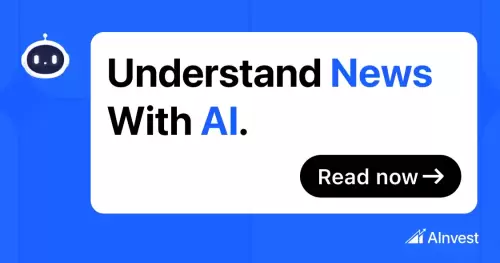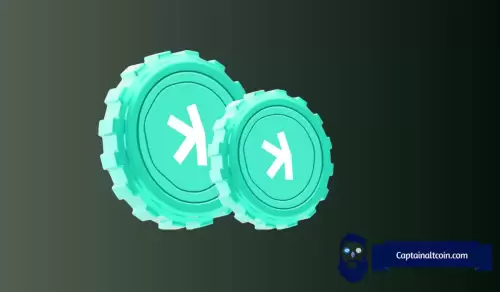 |
|
 |
|
 |
|
 |
|
 |
|
 |
|
 |
|
 |
|
 |
|
 |
|
 |
|
 |
|
 |
|
 |
|
 |
|
加密货币新闻
The Solana Foundation has revealed that a critical vulnerability affecting its Token-2022 standard was quietly patched in April, averting what could have been a catastrophic breach.
2025/05/05 16:36
A critical vulnerability affecting Solana’s Token-2022 standard was patched in April, according to a statement by the Solana Foundation.
The bug, which affected a specific feature in Solana’s Token-2022 framework known as “confidential transfers,” could have been exploited to mint an unlimited number of tokens or withdraw funds from any account without authorization.
This feature relies on zero-knowledge cryptography, specifically the ZK ElGamal proof system, to enable private transactions. However, a missing algebraic component in a hash used for cryptographic verification left the door open for manipulation.
With this flaw, a malicious actor could forge a valid cryptographic proof. Such a fake proof would grant them the ability to mint new tokens or drain existing accounts without detection.
The issue was first reported on April 16 and was fixed within two days. The fix was coordinated by core development teams from Anza, Jito, and Firedancer, with additional support from Asymmetric Research, Neodyme, and OtterSec.
No exploit was observed, and the bug was patched quickly. However, the revelation caused some market jitters.
After news of the vulnerability broke, the combined value of these tokens dropped by around 5%, settling at $16.1 million.
The Solana Foundation’s decision to keep the issue quiet drew mixed reactions. Some critics argued that the manner in which validators quickly came together to coordinate such a complex fix reflects an uncomfortable level of centralization within the network.
One community member questioned whether validators could use similar coordination to carry out or cover up harmful actions in the future.
However, others defended the approach, adding that silent patches are a standard best practice when dealing with zero-day bugs. Industry veterans, including developers from Bitcoin and Polygon, said these behind-the-scenes efforts prevent real-time exploits while teams work on a secure fix.
Hudson James, a VP at Ethereum layer-2 network developer Polygon Labs, said: “This is totally fine. Bitcoin, Zcash, and Ethereum have all had instances where the core devs needed to privately plan a secret bug fix. A good chain culture means having mature devs who can accomplish stealth fixes.”
Anatoly Yakovenko, co-founder of Solana, also noted that validator coordination is not unique to his blockchain network. He compared the process to similar consensus-building mechanisms on Ethereum, which would usually involve validators like Lido, Binance, Coinbase, and Kraken.
免责声明:info@kdj.com
所提供的信息并非交易建议。根据本文提供的信息进行的任何投资,kdj.com不承担任何责任。加密货币具有高波动性,强烈建议您深入研究后,谨慎投资!
如您认为本网站上使用的内容侵犯了您的版权,请立即联系我们(info@kdj.com),我们将及时删除。
-

-

- IOTA,云采矿和环保的加密货币:纽约投资者的拍摄
- 2025-08-06 09:18:27
- 在加密货币世界中探索IOTA,云采矿和环保实践的交集。发现像IOTA矿工这样的平台如何塑造数字资产投资的未来。
-

- Kaspa(KAS)价格预测:8月6日 - 它会破裂吗?
- 2025-08-06 09:00:00
- 分析Kaspa在8月6日的价格运动,检查了主要的支持和抵抗水平,并探索了潜在的看涨和看跌方案。
-

-

- PI网络,持有人和市场动荡:导航加密风暴
- 2025-08-06 08:03:20
- 在市场波动中分析PI网络持有人的弹性以及对加密空间的更广泛含义。
-

-

- 超流动性API故障:退款和警告性故事
- 2025-08-06 08:00:15
- Hyperliquid最近的API问题引发了辩论:退还用户的“基本礼节”或“超越”?另外,仔细观察炒作的恢复和挥之不去的谨慎。
-

-

- Dogecoin Price Outlook 2025:吠叫正确的树?
- 2025-08-06 08:00:00
- Dogecoin是否将到2025年卷土重来?分析专家预测和市场趋势,以预测Doge的潜在复兴。






























































